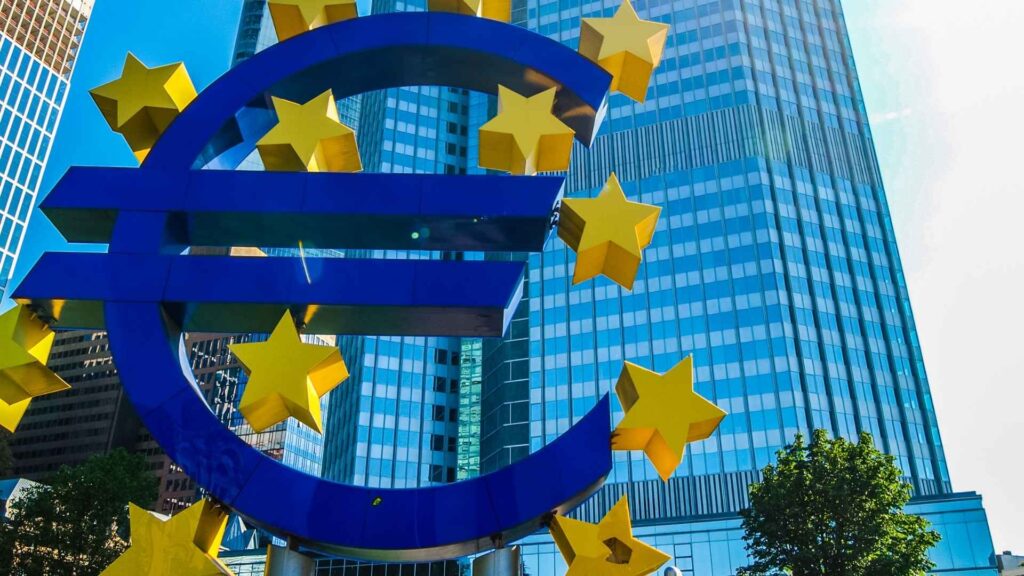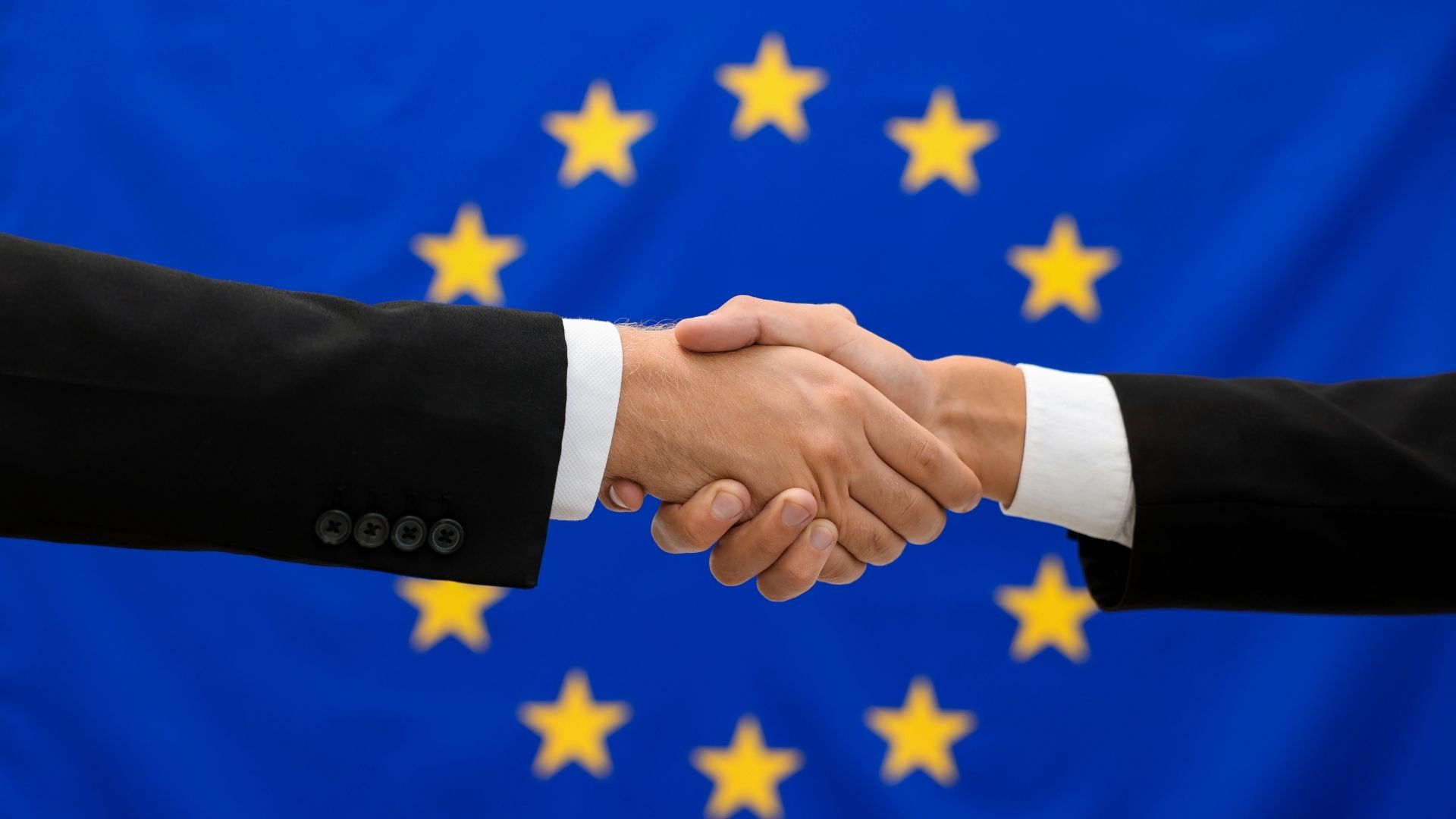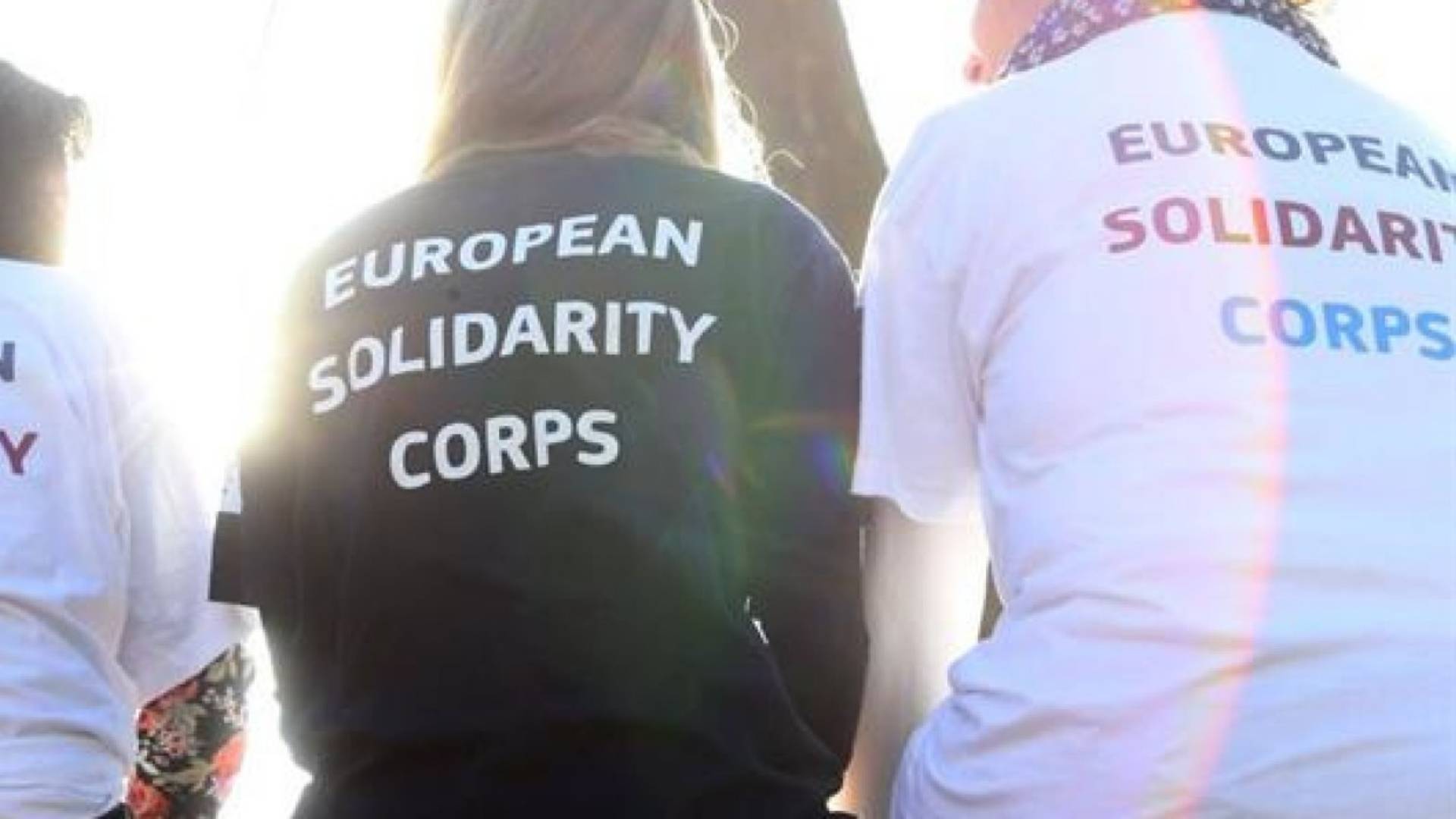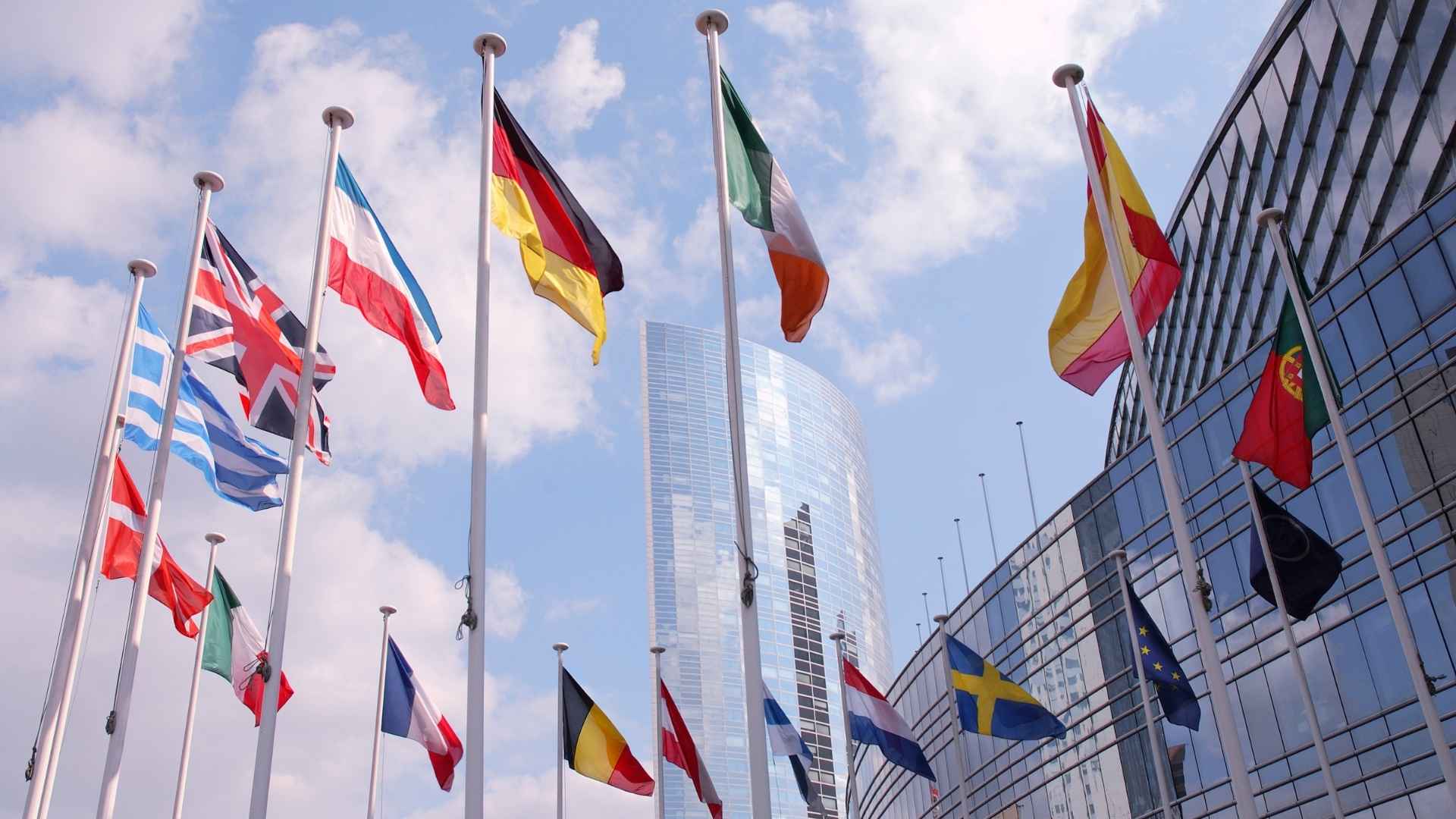Your Europe, Your Say! (YEYS) 2026 edition
As we have mentioned several times on this blog, the European Union is not something distant or abstract. It is part of our daily lives and offers many opportunities for personal and professional development. In this context, the integration of young people, their ideas and perspectives into the European decision-making process is one of the fundamental pillars.
One of the main initiatives aimed at young people is Your Europe, Your Say! (YEYS), organized by the European Economic and Social Committee. Launched for the first time in 2010, this event aims to connect young people with European institutions and immerse them in the legislative process.
What is the European Economic and Social Committee?
The European Economic and Social Committee (EESC) is a consultative body of the European Union that represents organized civil society and acts as a bridge between citizens and EU institutions. Its main role is to draft opinions, which contribute directly to the formulation of EU policies and laws.

In practice, the EESC collects the concerns, needs, and proposals of civil society and translates them into structured opinions submitted to EU institutions such as the European Commission, the European Parliament, and the Council. These opinions do not have direct legislative power, but they influence the EU decision-making process by providing a real perspective from citizens and stakeholders, making European laws more responsive to societal needs.
The EESC is composed of 329 members, working within three main groups: Group I – Employers, Group II – Workers, Group III – Civil Society Organizations (farmers, professions, consumers, cultural and social associations). Members also work within six main sections, covering areas such as economy, single market, transport and energy, social affairs and citizenship, agriculture and environment, and external relations. In addition, there are ad hoc groups and specialized observatories focused on digitalization, the labor market, sustainable development, and fundamental rights.
Why participate in YEYS 2026?
During YEYS, selected young participants have the opportunity to work alongside EESC members, interact with peers from across Europe, and discuss an annual topic of European relevance. They develop concrete recommendations, contributing to the daily work of the Committee and bringing their ideas directly to the attention of EU institutions.
Participating in YEYS also means meeting young people from other countries, exchanging views on important topics, and discussing issues that truly matter to you. For those who want to engage in social dialogue and make their voices heard, this is the perfect opportunity, a unique experience in active citizenship and international education.
What was discussed in 2025
The 2025 edition of YEYS produced five main recommendations:
- Fighting corruption through transparency and youth participation: Greater involvement of young people in anti-corruption initiatives, increased transparency in public spending, and protection for whistle-blowers.
- Active citizenship: from classroom to community: Promoting civic education to combat disinformation and encourage social and cultural development.
- Equality and inclusion: Concrete actions to ensure equal pay, representation, reproductive rights, and non-discriminatory education.
- Youth deserves a seat at the decision-making table: Strengthening youth representation with lower voting ages, regional youth councils, and more inclusive governance structures.
- Develop a coherent climate change strategy: The EU as a global leader in climate mitigation and adaptation, ensuring sustainability for all citizens.
Practical information for YEYS 2026
The 2026 edition will take place in Brussels on 19-20 March (in person only!). Young people aged 18-25 are eligible to participate, alongside high school students (16-18 years old). Applications close on 30 November 2025. YEYS 2026 is more than just an event: it is a laboratory of active democracy. University students can experience Europe as protagonists, apply their language and intercultural skills, interact with international peers, and contribute to the European political debate.






